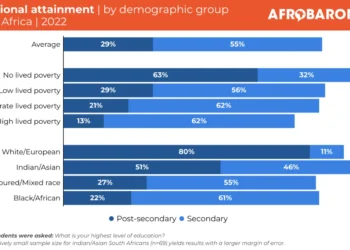 This article extensively discusses the negative factors affecting the Nigerian education system. These factors range from underfunding, poor teacher training, outdated curriculum, brain drain, security challenges, lack of technology integration, infrastructure deficit and a lack of policy implementation necessary for its growth. It also proposes practical solutions to these challenges, with a call to action for governments, policy makers, educators, and other stakeholders to ensure that the system is revamped to achieve its objectives and compete with its counterparts worldwide.
This article extensively discusses the negative factors affecting the Nigerian education system. These factors range from underfunding, poor teacher training, outdated curriculum, brain drain, security challenges, lack of technology integration, infrastructure deficit and a lack of policy implementation necessary for its growth. It also proposes practical solutions to these challenges, with a call to action for governments, policy makers, educators, and other stakeholders to ensure that the system is revamped to achieve its objectives and compete with its counterparts worldwide.
According to the National Policy on Education (2004), Nigeria’s education system consists of three different sectors: basic education (nine years), post-basic/senior secondary education (three years), and tertiary education (four to six years, depending on the program of study). As noted in the policy, one of the specific goals of Nigerian education is to ensure the quality of education delivery at all levels. However, it is disheartening to acknowledge that the quality of the system has been negatively impacted due to avoidable challenges that have continuously undermined it.
Subscribe To Unlimited Premium Digest.
This is premium content. Subscribe or Login to read the entire article.
Subscribe
Gain access to all our Premium contents.More than 1,000+ Articles, News, & Scholarships.





































































 EduTimes Africa, a product of Education Times Africa, is a magazine publication that aims to lend its support to close the yawning gap in Africa's educational development.
EduTimes Africa, a product of Education Times Africa, is a magazine publication that aims to lend its support to close the yawning gap in Africa's educational development.

